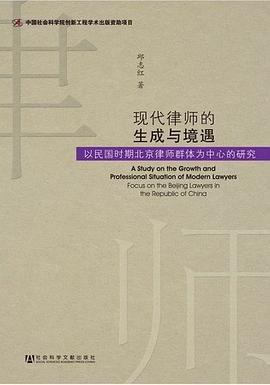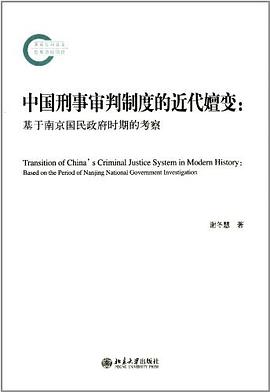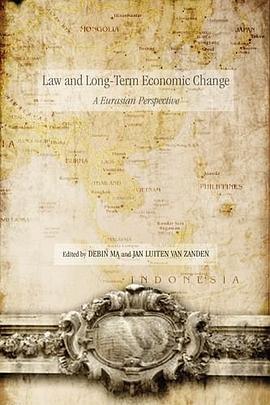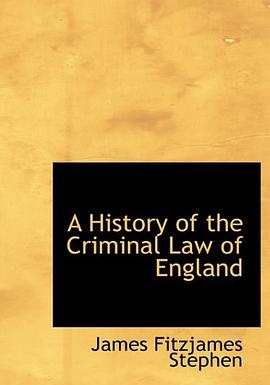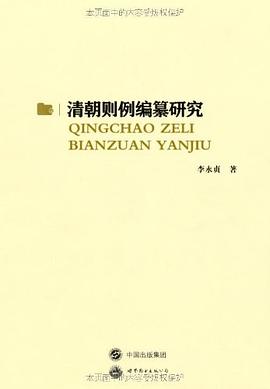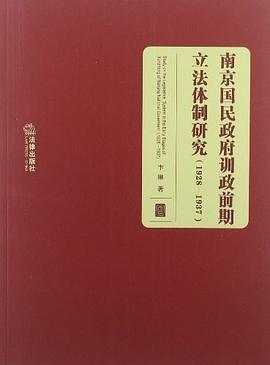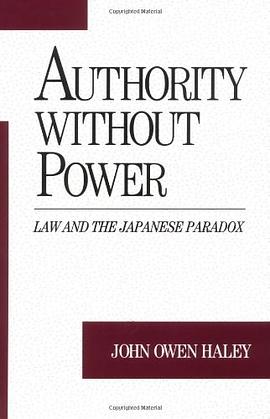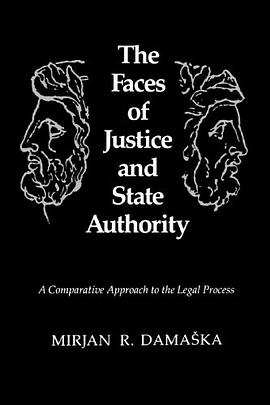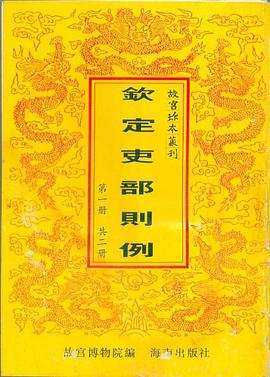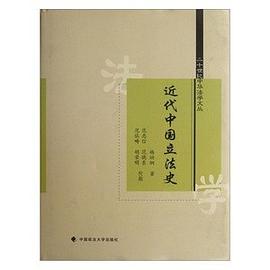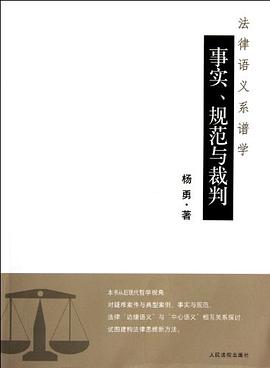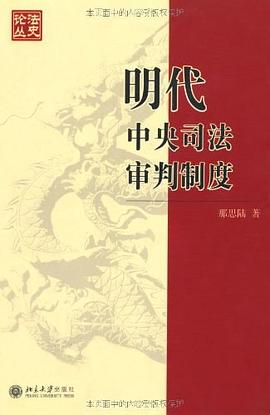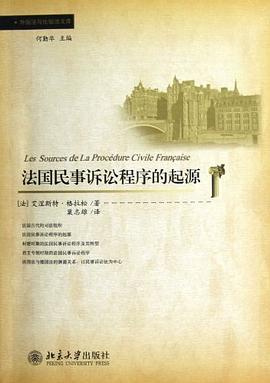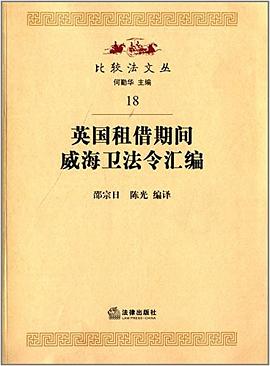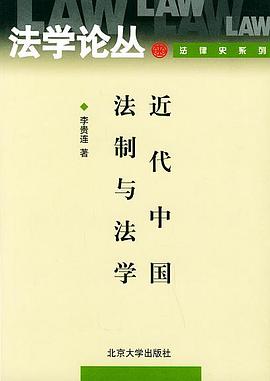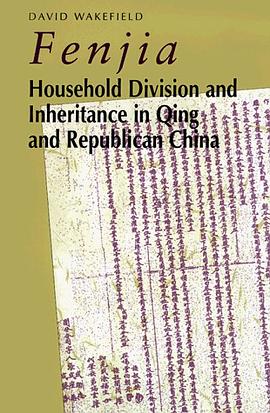

具体描述
The division of household property in agricultural societies lies at the centre of the transmission of economic control from one generation to the next. In assembling a body of data concerned with fenjia (household division) in Qing and Republican China, this text investigates one of the central topics in understanding how Chinese society functioned and continues to function. In his presentation of case studies of household division, the author determines that equal division was the rule, yet living parents and single siblings had property rights as well. Variations in inheritance orientations had dramatic effects on landownership patterns, lineage property patterns, lineage strength, class formations and even on state efficiency and its influence on village society. The text explores social class, women and the nuclear family, family documents and law in order to weave the different traditions into a vision of how inheritance, family, lineage and state interacted over the course of Qing and Republican China.
作者简介
目录信息
contents
Introduction
Inheritance Law and Practice before the Qing
Qing Household Division: Why, When, and How?
The Rights of Individuals in Qing Taiwan
Dividing Different Types of Property in Qing Taiwan
Household Division Disputes in Qing Courts
Republican Rural North China
Region and Class: Exceptions, Strategies, and Orientations
Household Division and Society: Land, Orientations, and Social Mobility
Conclusions and Speculations
index
· · · · · · (收起)
读后感
评分
评分
评分
评分
用户评价
總體感覺完全沒有超越滋賀的家族法討論。
评分總體感覺完全沒有超越滋賀的家族法討論。
评分“开枝散叶多子多福”必然需要制度、伦理以及习俗的支撑,而“分家”则产生了一种最差的结果——旧有的家庭与社会体系被打破,新兴体系又未建立起来。分爨并未提高家庭成员与社会的流动性,生育依旧旺盛,农业生产内卷外加自给自足导致原始积累难以完成,所谓投资还是以买房置地为主,再加上整个社会安土重迁思想以及闭关锁国政策的影响,导致出现家庭(结构)虽“新”但社会依“旧”的尴尬局面。
评分分家體現的權力結構轉變在於,隨着兒子們的成年以及父親本人的老去,父親的權力一直在下降,變得像個寡婦。
评分分家體現的權力結構轉變在於,隨着兒子們的成年以及父親本人的老去,父親的權力一直在下降,變得像個寡婦。
相关图书
本站所有内容均为互联网搜索引擎提供的公开搜索信息,本站不存储任何数据与内容,任何内容与数据均与本站无关,如有需要请联系相关搜索引擎包括但不限于百度,google,bing,sogou 等
© 2025 book.wenda123.org All Rights Reserved. 图书目录大全 版权所有

